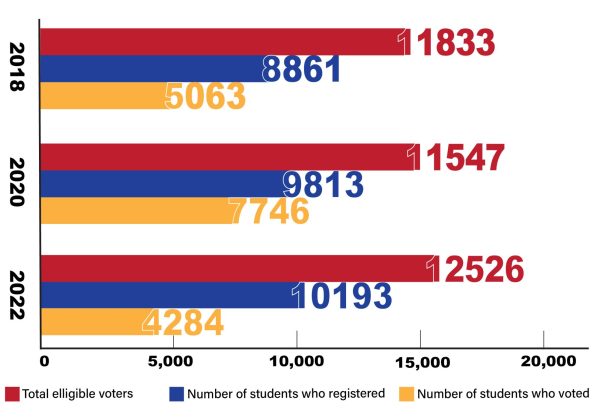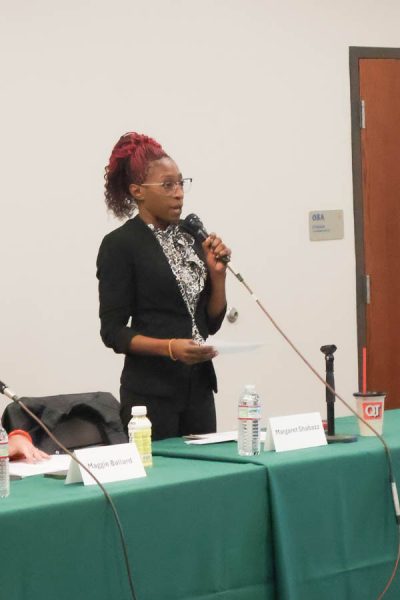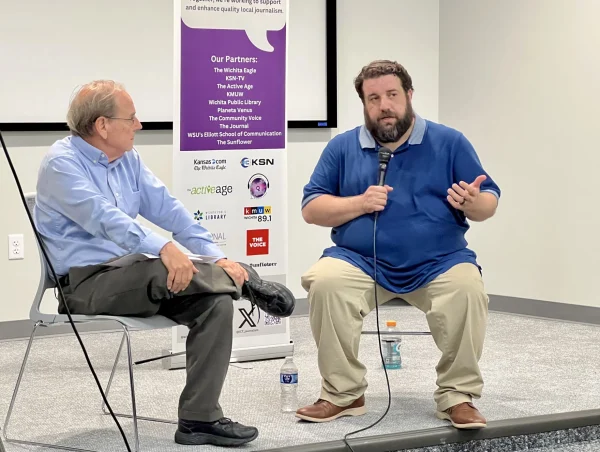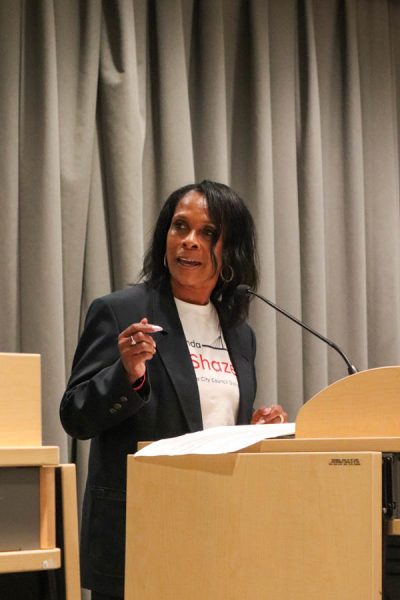Ideas find opportunity to transform into businesses through Shocker New Ventures Competition
Getting an idea off the ground is no easy task.
It takes time, money, and resources—and those are only the foreseeable challenges. But for students with entrepreneurial spirit, the Shocker New Ventures Competition (SNVC) provides an opportunity to turn an idea into a business.
The SNVC gives students a chance to develop an idea into a business model. Coaching and feedback throughout the process helps shape concepts into viable projects.
“It gives them a chance to validate their idea,” Mark Torline, Director for the Center for Entrepreneurship at Wichita State, said.
Over its 10-year history, the SNVC rebranded from its original namesake, the “Business Plan Competition,” to focus more on propelling ideas beyond the planning stages.
“This is about starting a business,” said James Wolff, Professor of Management. Wolff served as the faculty advisor for the 2016 first place team, Quickdraw Studios.
The past decade yielded several successful businesses including Fairmount Technologies, Petropower, and Lawn Buddy. These three businesses remain in Wichita.
“We’ve had a good track record with establishing and growing businesses in the local market,” said Wolff.
“Usually one or two launch out of the finalists every year,” Torline said.
Teams seeking to compete have one to five people. At least one of the members must be an undergraduate or graduate student and taking at least six credit hours in the 2017 spring semester at a Kansas college or university. To enter, a team needs to fill out an application and submit a five-minute video. Judges will select 32 teams to move on. Torline estimates that the SNVC will receive 60-70 applications.
Winning teams will be awarded startup capital and in-kind services. The prize pool is estimated to be worth $15,000 to $20,000.
In the past, successful teams are the ones who identified a market niche, an interested customer base, and provided evidence of product demand. However, that doesn’t guarantee success and teams with ideas at any stage of development are welcome to apply.
“The idea is less important than the team and their commitment to the idea,” said Torline. “The idea that you see on day one and the idea you see after it’s gone through the process rarely looks the same.”

Nicole Byrne was a digital editor for The Sunflower. Despite her better judgment, she developed a crippling addiction to poetry. She self-medicates with...











